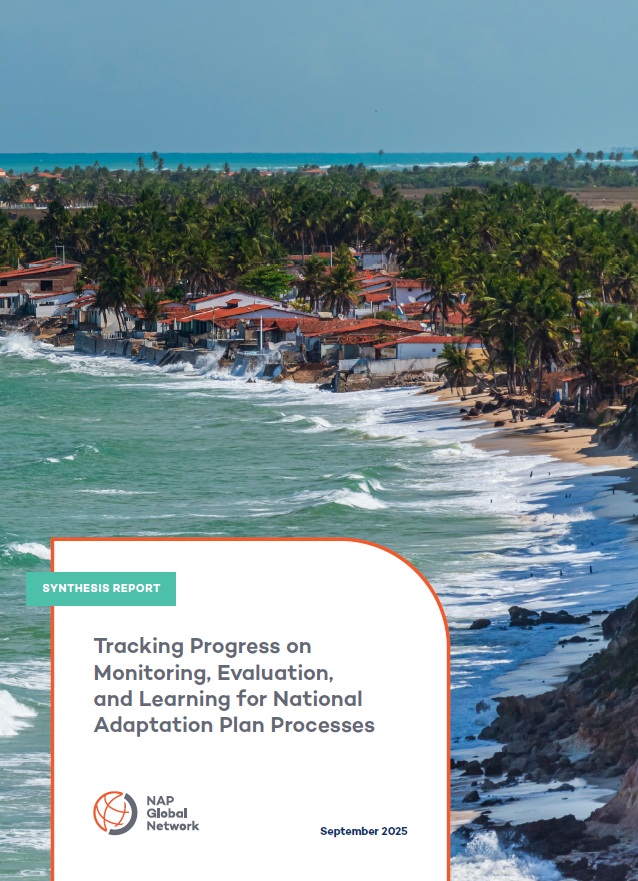
Tracking Progress on Monitoring, Evaluation, and Learning for National Adaptation Plan Processes
Monitoring, evaluation, and learning (MEL) systems are a critical component of both the national adaptation plan (NAP) process and the NAP document. They are designed to assess whether adaptation strategies are achieving their intended outcomes, understand how and for whom they are effective and inform necessary adjustments based on evidence.
Not only is MEL a dedicated phase of NAP processes, but these systems also support accountability and institutional learning across the four phases of the iterative adaptation cycle: impact, vulnerability, and risk assessments, planning, implementation, and MEL. It also contributes to strengthening the overall effectiveness of climate resilience efforts while helping to minimize the risk of unintended consequences. Moreover, MEL systems for NAP processes also generate essential information for international climate reporting under the Paris Agreement.
This first synthesis report by the NAP Global Network reviews how 62 countries have integrated MEL into their NAP documents, based on the information provided in their NAP submissions to the United Nations Framework Convention on Climate Change as of June 30, 2025. It provides a snapshot of how countries describe the status and design of their MEL systems across the four phases of the iterative adaptation cycle. The report also identifies common trends, gaps, and emerging good practices, with case studies illustrating promising approaches to strengthening MEL design and implementation.
Related content
- PRACTICE BRIEFS | Methods for NAP Progress Reporting
- PUBLICATION | Toolkit for Monitoring, Evaluation, and Learning for NAP Processes
- ONLINE COURSE | MEL for NAP Processes
Publisher: International Institute for Sustainable Development (IISD)